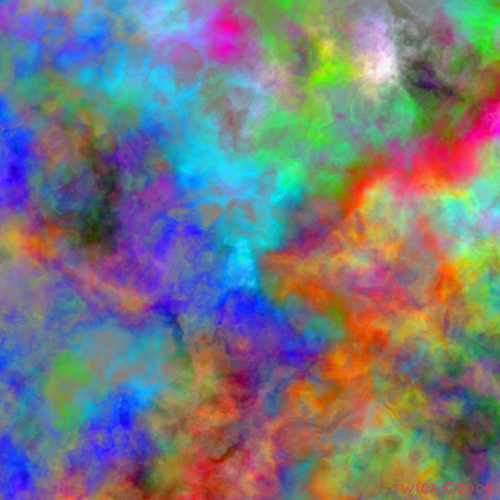In response to this week's Tipsy Lit prompt: write about an adult topic seen through a child’s eyes.
When the sun beamed its mustard face through the window, Tanner could squint his eyes and see a rainbow swaying in his Mommy’s mirror, smiling at him like the man in the sweet shop. His neighbor lady, Dawn, said good things always followed a rainbow. She wore messy rainbows on her clothes every day. She made them herself, and she made one for Tanner, too.
“Ugh. Do you have to wear that shirt? It’s so hippie-dippy,” said his Mommy, her voice scrunched. Mommy hated Dawn, but she still let Tanner fall asleep on Dawn’s couch every night, scratchy and moldy, cartoons fading into dreams.
Tanner’s Mommy didn’t work all day like other mommies. She smoked her special sticks and painted her toe nails pretty and yelled at Ricki Lake and made snickerdoodle cookies. Her friends came over sometimes and they drank from tall brown bottles in between kissing on the mouth. They kissed like their tongues tasted of custard, or something else you couldn't stop tasting. Tanner felt funny on the underside of his tummy when they panted and licked like the stray puppies who rolled around the neighborhood. Sometimes his Mommy gave him a lollipop and changed the TV to cartoons and took her friend by the fingers.
“Now be a good boy while Mommy has grown up time, okay?”
“What’s grown up time, Mommy?”
“It’s when we talk about grown up things.”
“What are grown up things?”
“I’ll tell you when you’re older.”
The men smiled big yucky smiles, their teeth sharp as the big bad wolf, while she ruffled his hair and winked one eye. He listened for the click, the signal she’d pushed in the lock, and then he pressed his ear against the door and listened for grown up things. But they didn’t talk. They jumped on the bed and Mommy made sounds like she was eating a box of chocolates or slipping into a bubbly bath.
Sometimes Tanner tip toed back to the TV like a good boy and sometimes he walked down the street slow as a tortoise, hunting for friends that didn’t want to be caught. He offered a freckled girl on a strawberry bicycle a lick of his lollipop one day.
"It's strawberry! You'll love it!"
"Gross!” she screamed, pedaling away, calling for her daddy. Tanner wished he could call for his daddy, but he already knew that no one would come.
Mommy’s friends always left before dinner. She cut hot dogs into octopuses and baked chicken into dinosaurs. He drank big boy milk and she gulped purple mommy juice and they smashed their glasses together and said “cheers!” After dinner, she packed up her big black bag with underwear and sparkly shoes and a funny wig. He liked the long yellow one best because it turned Mommy into Rapunzel. Mommy loved to be beautiful, she said it felt like she’d captured the stars in her pocket.
At work, she twirled on a stage, and she did it so nicely, like a fairy princess, that people gave her money. Whenever Tanner asked her to dance for him, she grabbed his hands and they spun around the living room until they fell to the ground in a happy pile.
He tried to wait up for her always, but his eyelids grew heavy as rain clouds. Always. When the stage set her free, she carried him from Dawn’s couch to his bed so that he awoke in a different place than he’d fallen asleep. He loved waking up in his own little bed, counting the cars on his bed sheets.
But one morning, he woke up on Dawn’s couch and it felt like the world had cracked open for a one-eyed hairy monster to crawl out. It chewed up his brains and left him dead but alive and itchy. Dawn’s face, round as the full moon, appeared before his nose, asking him if he wanted rainbow loops or frosted flakes for breakfast.
“I want Mommy.”
“Well I'm not sure where she’s at, little guy.”

image credit: themusicreunion.com





 Photo credit:
Photo credit: 






